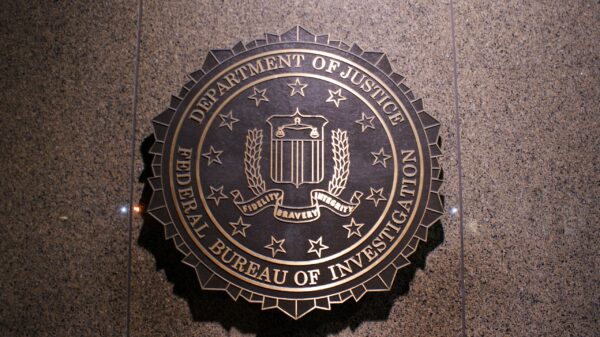Intelligence agencies exposed Russian meddling in the U.S. elections, pinpointing Russia as the source behind a misleading video suggesting Haitian nationals attempted to vote illegally in Georgia.
On Friday, the FBI, alongside the Office of the Director of National Intelligence (ODNI) and the Cybersecurity and Infrastructure Security Agency, stated, “The [intelligence community] assesses that Russian influence actors manufactured a recent video that falsely depicted individuals claiming to be from Haiti and voting illegally in multiple counties in Georgia.”
“This judgment is based on information available to the IC and prior activities of other Russian influence actors, including videos and other disinformation activities,” the statement added. “The Georgia Secretary of State has already refuted the video’s claims as false.”
Georgia’s Secretary of State, Brad Raffensperger, requested social media platforms like X to eliminate what he described as “obviously fake and part of a disinformation effort.”
Raffensperger remarked, “Earlier today, our office became aware of a video purporting to show a Haitian immigrant with multiple Georgia ID’s claiming to have voted multiple times.”
He noted that, “This is false, and is an example of targeted disinformation we’ve seen this election. It is likely foreign interference attempting to sow discord and chaos on the eve of the election.”
The joint statement additionally discredited a video accusing second gentleman Doug Emhoff of accepting a bribe from incarcerated rapper P. Diddy.
“Russian influence actors also manufactured a video falsely accusing an individual associated with the Democratic presidential ticket of taking a bribe from a U.S. entertainer,” intelligence agencies noted.
In a separate alarming revelation, the Canadian Centre for Cyber Security reported that Chinese hackers operated unnoticed within Canadian governmental systems for nearly five years.
During this time they engaged in extensive cyber-espionage to give China an advantage over Canada in economic and diplomatic exchanges.
The Cyber Centre, recognized as Canada’s primary cybersecurity authority, highlighted that hackers backed by the Chinese state “persistently conduct cyber espionage against federal, provincial, territorial, municipal, and Indigenous government networks in Canada.”
According to the Centre’s “National Cyber Threat Assessment 2025-2026,” Chinese hackers covertly accessed Canadian systems to steal valuable information, particularly in advanced sectors like quantum computing and aviation.
These hackers also targeted Canadian officials critical of the Chinese Communist Party, notably members of the Inter-Parliamentary Alliance on China (IPAC).
The Cyber Centre warned about China’s efforts to establish cyber espionage assets within U.S. critical infrastructure, intending to gain leverage in potential conflicts, which could impact Canada.
While acknowledging Russian and Iranian espionage operations and “cybercrime as a service” and ransomware schemes, the Centre described China’s expansive and aggressive cyber program” as “the most sophisticated and active state cyber threat to Canada today.”








